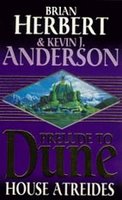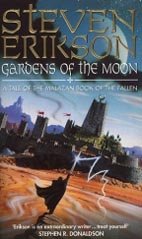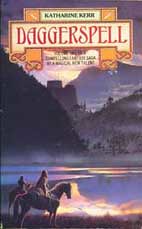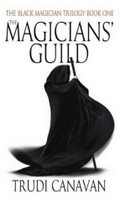Digital Hotrods - Ben Hardwidge

I'm probably not the best person to be reviewing this book, as a) I know nothing about computer hardware and b) I live with the author... but, I have a book review site and Ben has a book; it seemed silly not to combine the two...
Digital Hotrods is a well-produced and glossy coffee-table book about building and customising PCs. If you'd thought that PC modding was just for sad dads in their sheds and teenagers with no girlfriends... well, you'd be partly right, but it's also a fast-growing hobby, and those geeky boys of yesteryear are now big earners with lots of money to spend on it. This is the PC equivalent of an Ideal Home exhibition - more of an aspirational lifestyle guide than a how-to manual.
There is some How-To content here, of course; sandwiched in between the section on the scene's history and the amazing showcase PCs at the back, there is a broad overview of all the parts that make up a PC, and how to make them go fast and look good. Of the three sections, this is the one least accessible to the layman, but the writing is not overly technical and the whole thing is surprisingly readable; even from a position of complete ignorance, you can get through most of the book without feeling too stupid, and even learn a couple of things too.
The main point of this book, however, is the pictures, and lovely and shiny they are too. This is one book about computers that you can leave lying around in the lounge without scaring off your non-geek friends - it looks rather like a book of modern art, and in fact Amazon even have it listed in the Art & Design section. If you're not already into PC modding, it's probably not a book you'd buy for yourself, but if you have a mate whose computer-talk usually leaves you baffled, then this would make a great present.
For a proper review from someone who actually knows about this stuff, try bit-tech.net - they seem to know what they're talking about.
?/10














